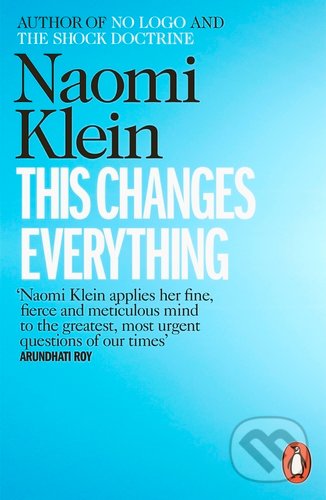

Though she has long stressed the importance of a coordinated climate movement - involving fossil fuel divestment, pipeline blockades, boycotts, and electoral campaigning - her recent essays pinpoint where such a movement derives its power: working people. Meanwhile, Klein’s sense of strategy sharpens. The Climate,” first published in 2011, gradually fades, as the facts of planetary warming become harder to deny and “emotional appeals” fail to move the world’s elite to action. The concern with denialism that hangs over “Capitalism vs. Klein’s thinking, admirably consistent, develops over this period in subtle but telling ways. Written in the lucid, urgent prose that characterizes much of Klein’s work, the book collects essays published over the last 10 years, a period Klein calls the “lost decade,” when lawmakers missed a crucial opportunity to start decarbonizing the global economy. Naomi Klein’s new book, On Fire: The (Burning) Case for a Green New Deal, tackles questions of power head on.


Meanwhile, for a growing portion of the left, responding to the climate crisis is no longer a matter of persuasion, but of power: who has it, how to take it, what to do with it. Others see climate change as a threat to property and patrimony - or else a chance to cynically stoke xenophobic fears. Some conservatives still refuse the science of planetary warming, but they’re struggling to keep up the act. The facts are in the paths forward are clear, even if we can’t know precisely where they’ll end up. THE DECADES-LONG fight against “climate denial” is over.


 0 kommentar(er)
0 kommentar(er)
